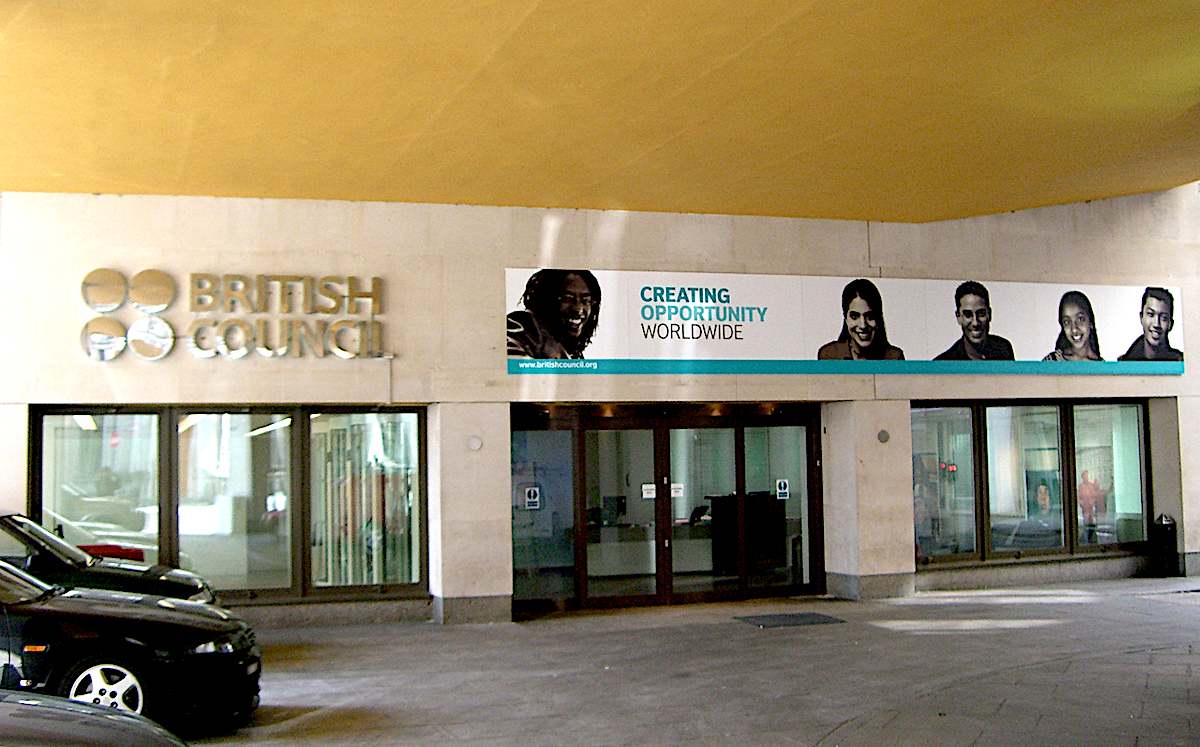The British Council, Britain’s flagship for cultural diplomacy, is in trouble. Its chief executive, Scott McDonald, told MPs last week that the organisation is “in real financial peril” and is now weighing a radical move: handing its entire art collection over to the UK government to help pay off debts nearing £200 million.
It’s an extraordinary proposition. The collection — nearly 9,000 works by artists including Lucian Freud, David Hockney, Barbara Hepworth, Tomma Abts, and John Akomfrah — has been quietly circulating the globe for decades, hanging in embassies, consulates, and cultural centres from New Delhi to Nairobi. Sometimes called Britain’s “museum without walls,” it has served as a form of soft power, an elegant projection of British creativity abroad. Now, it risks being treated as an asset on a balance sheet.
McDonald’s admission came before the Foreign Affairs Committee, where he outlined a situation that has grown steadily worse since the Council borrowed £250 million from the government during the pandemic. Nearly £200 million of that debt remains, with interest payments draining up to £15 million a year. “We are selling everything we can,” McDonald told MPs, adding that a transfer of the collection “would be a good solution for everyone.” So far, he said, ministers have shown little enthusiasm.
A review of the collection is already underway. Works deemed outside the Council’s remit could be considered for disposal under the Museums Association’s ethical code, according to The Art Newspaper. No decisions have been made, but the prospect of selling off parts of the collection has alarmed many in the sector. For artists and curators, the idea that the Council — once a symbol of Britain’s cultural generosity — might start liquidating its art feels like a betrayal of its founding purpose.
The financial picture is bleak. Beyond the loan, the Council has been forced into repeated rounds of cuts and asset sales. Seven buildings have already gone, with its school in Madrid added to the list earlier this year. Reports suggest another £90 million in property could be sold, alongside plans to close offices in as many as 35 countries. The Council’s business model, heavily reliant on income from teaching and exams, was shredded by the pandemic. Government funding accounts for only about 15% of its total revenue, leaving the rest vulnerable to market shocks.
An FCDO spokesperson said the Council remains “operationally independent,” free to manage its own affairs. In practice, that means facing the kind of market pressures from which it once helped shield British culture.
If the handover proceeds, the government would acquire one of the most significant collections of post-war British art, albeit at the expense of the institution that built it. The irony is hard to miss: an organisation created to promote British culture abroad may end up paying its debts with the very art that made it valuable.

